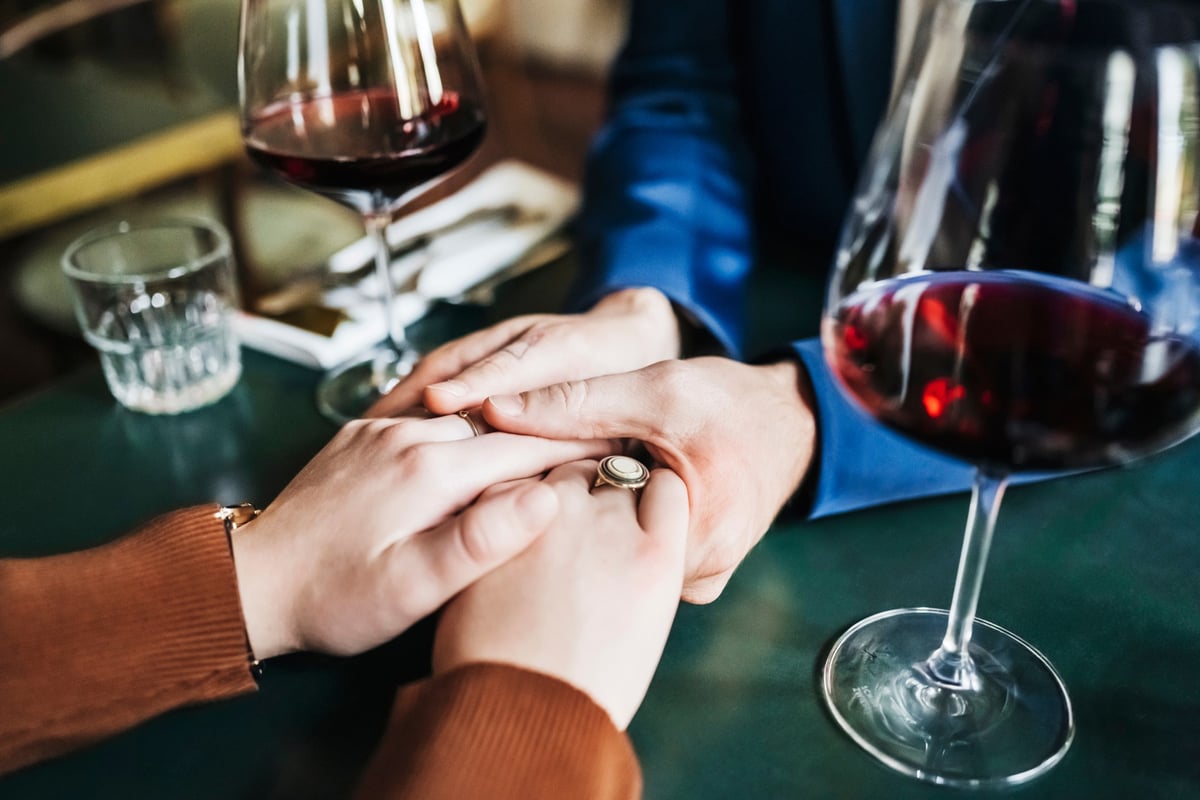
If you want to support independent women's media, become a Mamamia subscriber. Get an all-access pass to everything we make, including exclusive podcasts, articles, videos and our exercise app, MOVE.
When psychologist Lara Crowe asked a self-aware narcissist one simple question for her research, his answer changed everything we thought we knew about abuse.
The conversation was clinical and professional, until she asked one thing that made him visibly uncomfortable.
"Do you have a type? What kind of person do you target?" she asked.
She watched as he shifted in his seat, looked away, then smiled a "cold smile."
Lara noted she had seen that smile before.
Watch: The right way to say no to people you love. Post continues below.
"You really want to know?" he asked.
What he shared will make your skin crawl.
It also defied everything we think we know about narcissistic victim selection.
Who narcissists really target.
Most of us assume narcissists prey on the vulnerable; those who are already insecure. We picture victims as people with low self-esteem, seeking validation.






























































































